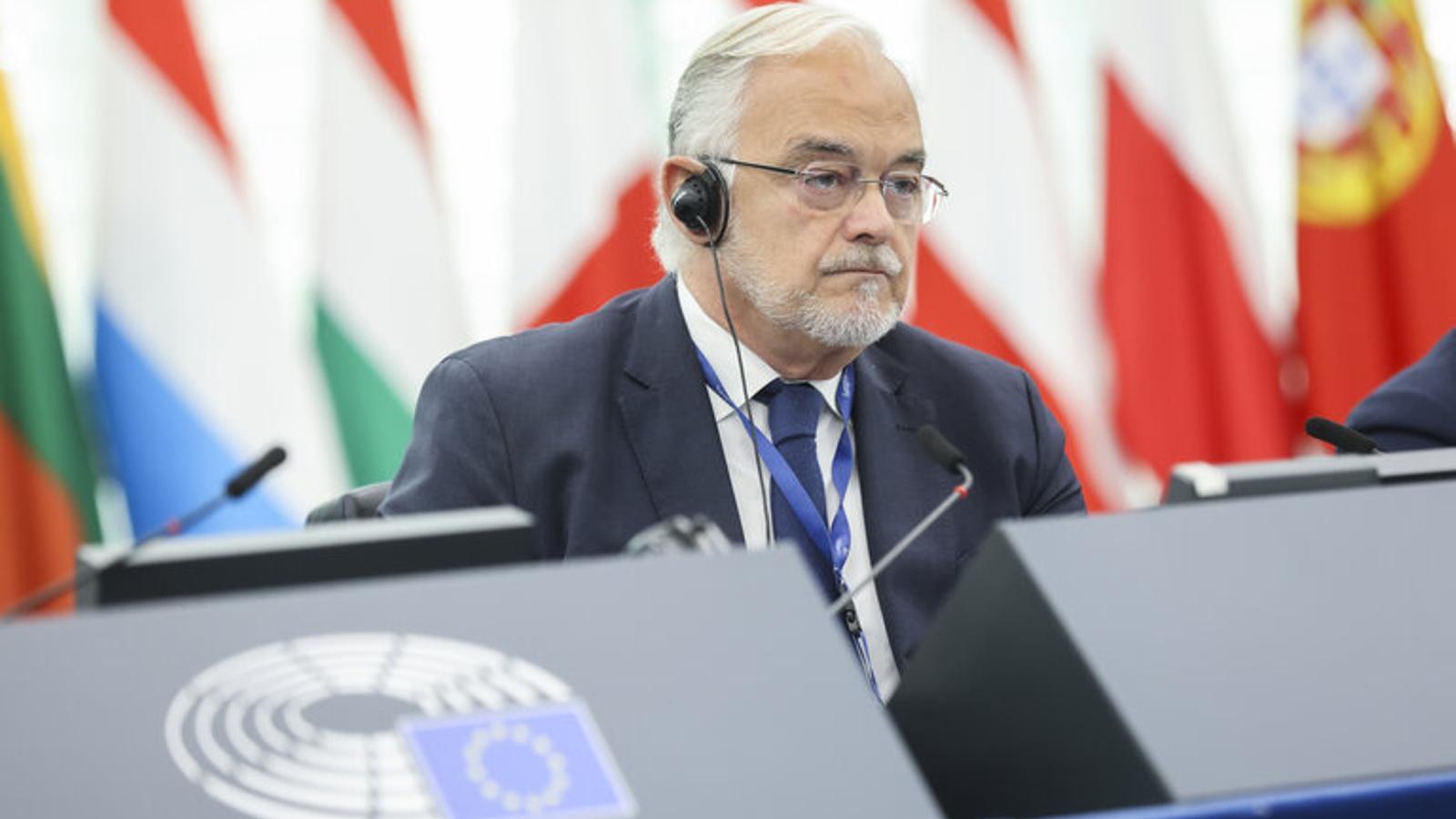The buried war between González Pons and Mazón over the victims of the DANA
The People's Party (PP) allows the European Parliament to hold a committee on the catastrophe suffered by the Valencian Community.

Brussels / ValenciaThe Spanish People's Party (PP) delegation in Brussels yesterday approved the appearance of the families of the victims of the DANA disaster in the Valencian Community before the European Parliament, while in the Valencian Parliament, initiatives to clarify the handling of the disaster have barely made any progress after nine months of paralysis. In fact, MEP Esteban González Pons was the first PP representative to meet with the victims, albeit in a "personal capacity." In contrast, the head of the Council, Carlos Mazón, did not. This difference in treatment highlights the hidden feud between the Valencian president and the MEP, who even advised Alberto Núñez Feijóo to dismiss Mazón in the days following the DANA disaster. as NOW was able to find out.
PP sources assure that González Pons has been willing to receive the families and discuss the handling of the DANA from the beginning. In fact, he apologized to the victims during a visit to the President of the European Commission, Ursula von der Leyen, who also received them in Brussels despite having previously refused to do so in the Valencian Community. He also apologized for having to travel so many kilometers to meet with a PP official.
However, the MEP has been careful to ensure that the appearance does not end up turning against the PP and, for this reason, has postponed it for months until he has been able to define its content and how the DANA will be handled. That is, the committee's results should not be "prejudged" and the meeting should not mention anything in the meeting that could point to the PP's responsibility for the 228 deaths caused by the catastrophe.
In any case, the main victims' associations, when they appeared before the European Parliament, established a difference between González Pons and the rest of the PP, especially the Valencian one. In this regard, they pointed out that they have not obtained any dialogue with the institutions of the Valencian Community and that this affects both the Cortes and the Consell and Mazón, with whom they have not yet met.
Initially, the leader of the Valencian People's Party (PP) resisted this possibility, but later said that the doors of the Palau de la Generalitat had always been open and that the meeting hadn't taken place because it hadn't been requested by the victims. The organizations, however, are asking to appear first in Les Corts. Furthermore, one of the three most representative organizations, the Association of Victims of the DANA Horta Sud-València, is also requesting that the meeting be held in the affected area and in the presence of the media, demands that the head of the Consell has not clarified whether he will accept.
The situation is only somewhat better in the Valencian Parliament. The PP and Vox finally allowed the associations to appear before the DANA commission of inquiry. They did so, albeit controversially, by opening this possibility to any affected entity or individual. This measure was viewed by the three majority associations as an attempt to reduce their visibility and that of their critics. They also considered that the intention was to equate those who have suffered the loss of a family member with those who have suffered material damage. However, although the commission opened on July 1st with the participation of several hydrology and infrastructure experts, there is still no schedule for the appearance of the seventeen victims' associations that have been invited.
The situation in Madrid is not far removed from that of the Valencian Community. The victims of the DANA have not yet been able to meet with Alberto Núñez Feijóo, and despite the fact that a commission is underway in the Senate, only experts have been summoned so far, and no political leaders, including Mazón, have been present. In contrast, the head of the Consell has once again been welcomed into PP political events as normal, although the PP initially sought to maintain its distance.
